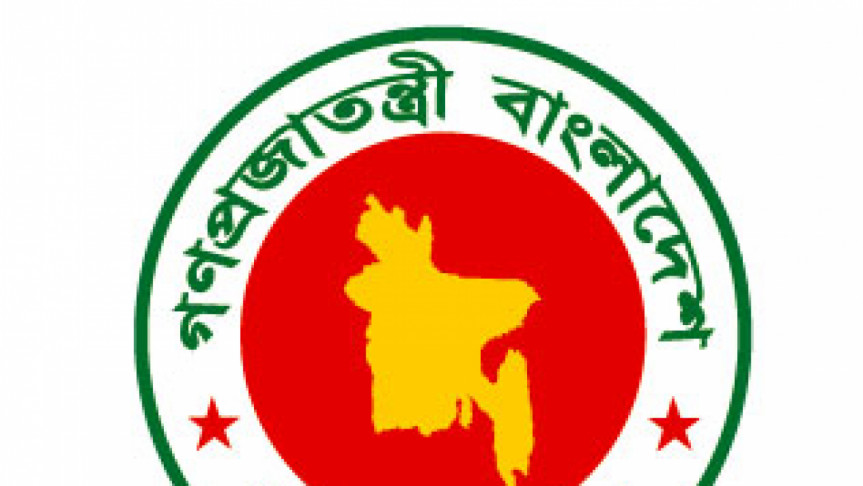New export policy for 2015-18 formulated

Dhaka: The government has formulated new export policy for the next three years (2015-18) prioritizing 12 sectors as the ‘most potential’ while 14 other sectors as ‘special development’ towards the journey of vision-2021.
Besides, it has put restriction on the export of 17 category items.
The Cabinet Committee on Economic Affairs (CCEA) on Wednesday approved the new policy at its meeting held at the Cabinet Division with Finance Minister Abul Maal Abdul Muhith in the chair.
Cabinet Division additional secretary Mustafizur Rahman briefed the newsmen about the outcomes of the meeting.
The Priority sectors are: Software and IT enable services, ICT products, high value added readymade garments and accessories, pharmaceuticals, ship-building, shoe and leather goods, jute products, plastic products, agro products, furniture, home-textile, and home furnishing and luggage.
The Special Development sectors are: Multi-level jute products, electric and electronic products, ceramic products, light engineering products (auto parts and bicycle), value added frozen fish, print and packaging, diamond and jewellery, paper and paper products, rubber products, paper and handicrafts.
Mustafizur Rahman said the new policy will be effective from the July of the current fiscal.
He said the policy has been formulated after taking opinion from the stakeholders.
Sources said the government for the first time accommodated some service sectors as special development thrust sectors.
Under this initiative, tourism sector, architecture, engineering and consultancy services have been accommodated under the development sector. In addition, the ICT-based export service sector and e-commerce also received special attention in the new proposed export policy.
The Commerce Ministry started the job for preparing the draft of the new export policy on 30 June 2014. In more than one year, the ministry sought proposals from 84 organizations including government entities and private sector trade and chamber bodies. But, proposals were received primarily from 15 organizations, including Bangladesh Bank and finally 28 public, private bodies sent their proposals to the Commerce Ministry.
Apart from this, the Commerce Ministry held brain-storming sessions and consultation meetings with the think tanks, research organizations, and trade and chamber bodies to gather their suggestions for the new export policy.

 BSS
BSS